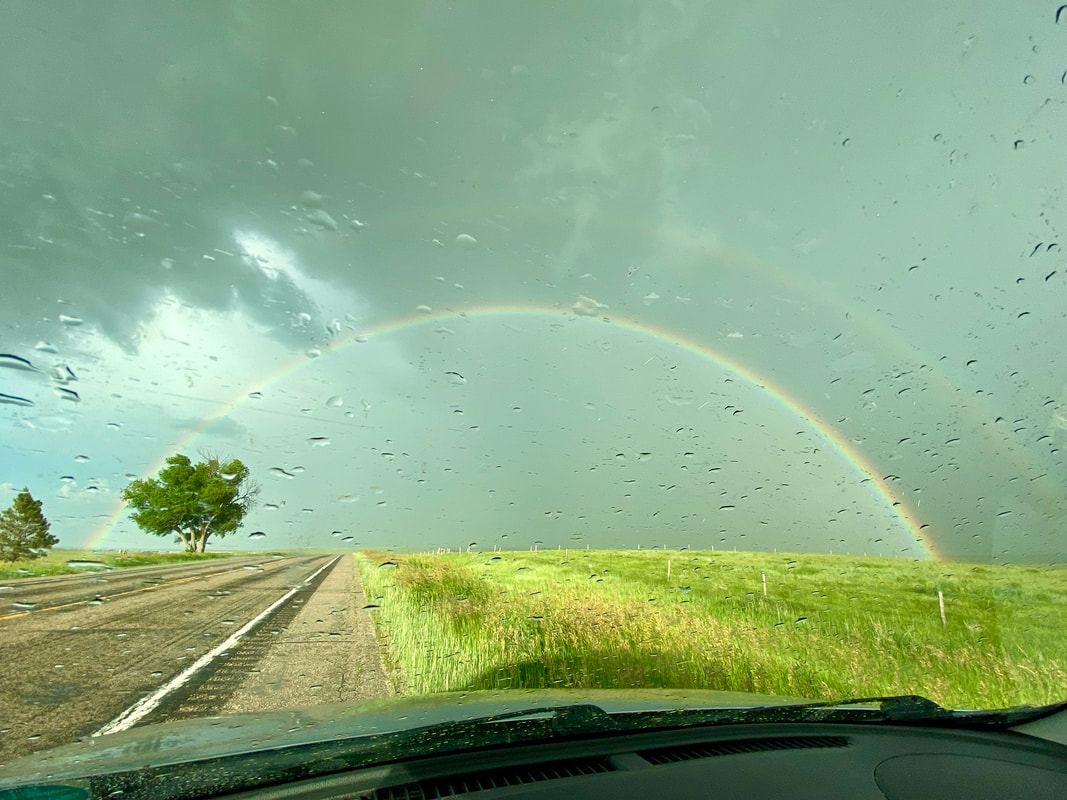|
Fall is upon us. That means, according to Eastern medicine, it is the season of grief and the lungs. I've been learning a lot about how to hold my own grief in the last year after the passing of my father. I've also been noticing many of my clients facing variations of grief in their own life lately, so I thought it timely to write on this topic.
Firstly, feelings of grief can arise from to a variety of experiences. There are the obvious losses like the passing of a loved one. Then there is disenfranchized grief: losses that aren't widely recognized or supported by society, like the loss of a loved one to suicide, or addiction; loss of a pet, or patient; letting go of an idea of and connection to family due to abuse; loss of an identity, job, or home; loss of hopes and dreams (miscarriage, infertility, divorce, lay offs, the childhood you wish you had had), and more. We might experience anticipatory grief as a loved one declines from illness, or addiction, before the "official" loss actually occurs. There are many shades of grief, contexts of loss. It's helpful to remember that our experience with each scenario will be as unique and multi-faceted as our relationship with that being, dynamic, or aspect of our life. Our American culture doesn't really create much space for grief in our day-to-day life. The support structures that many of us need aren't woven into the fabric of our social spheres unless we are a part of a community that consciously acknowledges and tends to that aspect of living and dying. It can feel lonely being in a process of grieving, and we may judge ourselves that we should be over it or move on, or that our feelings may not be warranted because it might not compare to someone else's loss/experience. I can't tell you how many times I've heard someone grieving say that once the funeral is over, or a few weeks have passed that many people stopped asking them how they are doing. Most workplaces only offer a few days of time off for bereavement, and some may not offer grace for the sense of "nonfunction" that some people experience following a loss. Not to mention, the alienation that some feel for having a disenfranchized loss, because lots of society doesn't know how to hold the mixture of uncomfortable and conflicting feelings that can arise from a loss related to suicide, or abuse, for example. It's easier for some to not look or talk about it. In turn, it can create a weird feeling in griever, a sort of cognitive dissonance, and a need for someone to "Please, acknowledge the elephant in the room!" I could go on, but for now, I will offer a few final thoughts and suggestions. Take what resonates, and leave the rest. Since grief is so unique and personal, not everything may speak to you. For the Griever:
For Those Who Care for Someone Who is Grieving:
Hope this helps if grief is showing up in your life these days. If you are grieving, is there anything else important that needs mentioning? Share with us in the comments. Lots of care and comfort for you, Sarah
0 Comments
Leave a Reply. |
Sarah Barlow
Reiki Master Teacher and Owner of Embrace Your Essence Sign up for our E-Letters Here
Read our Privacy Policy
Archives
June 2024
Categories
All
|

 RSS Feed
RSS Feed